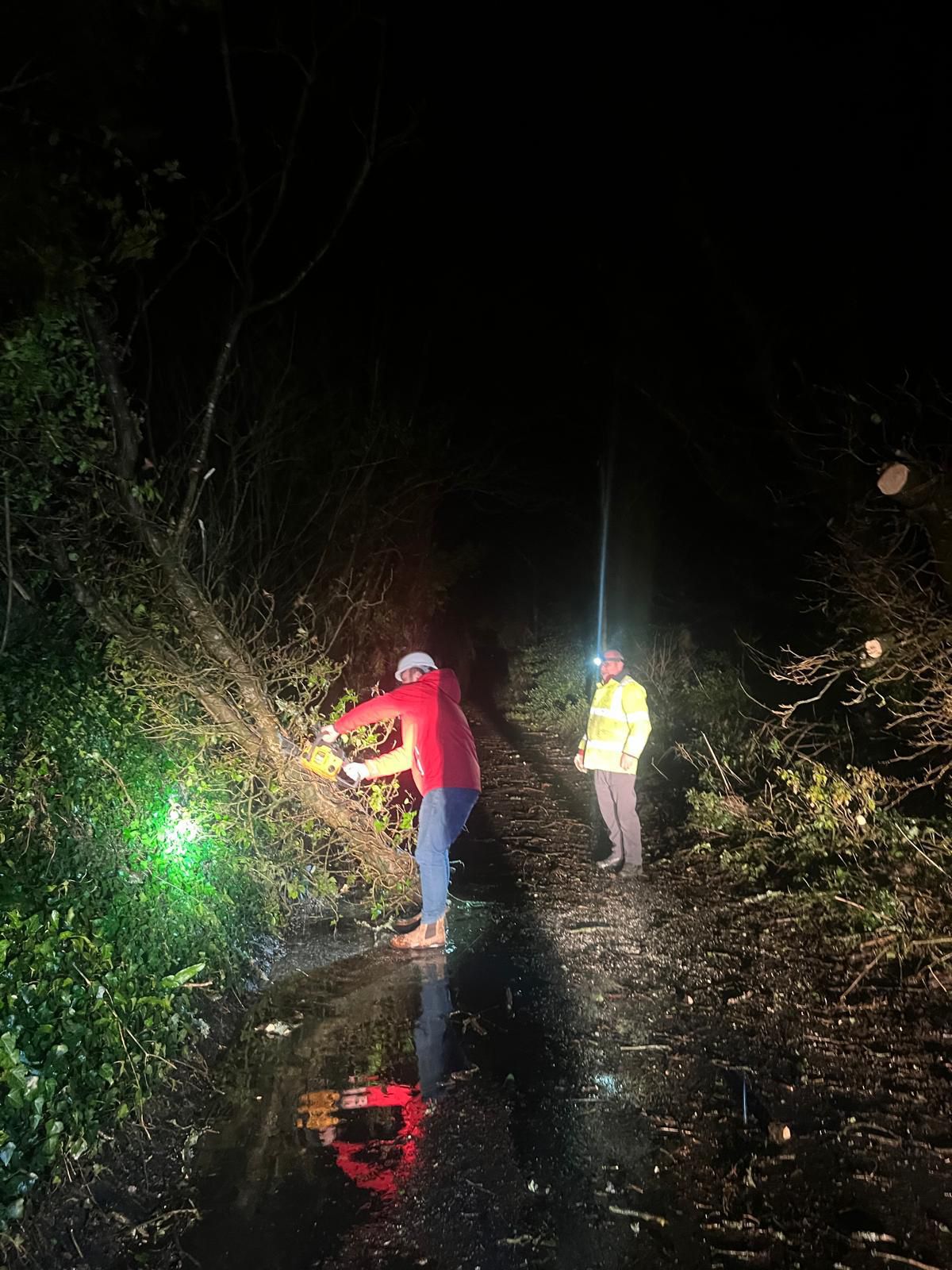We have once again carried out our Vital Signs research and published a report on the findings. Vital Signs is a detailed analysis of a wide range of social measures across Cornwall that we commission every few years in order to direct the grant-giving where it is needed most. The research, carried out with the University of Exeter, highlights a high level of deprivation, rural isolationLack of access to people, services and transportation due to rural location., lack of opportunities and an increasingly alarming shortage of affordable and social housing.
The report highlights the challenges that our communities are facing, and how local philanthropy can make a huge difference by addressing the urgent need. Cornwall and the Isles of Scilly have relatively low unemployment, but many of the jobs are low paid, part time and seasonal. In 2021 a full-time worker in Cornwall earned £20,628, 79% of the UK gross median annual salary. Across Cornwall 26.5% of the population earned under the living wage, compared to 17.1% across the UK. 20.3% of Cornwall’s workforce are self-employed compared to 13.5% for the UK and 49% of self-employed people earn less than the minimum wage.
The report also raisies the issue of housing costs which have increased more than the national average, with many landlords converting their long term lets to Airbnb. Only 11% of the housing stock in Cornwall is social housing, compared to an average of 18% across England. More and more Cornish people are living in temporary accommodation while waiting on social housing lists. Some have no other option and live in cars and vans, or have to move out of the area. The cost of living crisis is putting more pressure on households and further increasing inequality.
Professor Catherine Leyshon from the Centre for Geography and Environmental Science at the University of Exeter’s Penryn Campus said, “The Vital Signs report brings together data from a range of sources to give a full picture of the connected issues faced by people in Cornwall. Taking this holistic view helps us to understand how to tackle these issues – and the voluntary sector is critical to this effort.”
Jessie Hamshar, Head of Cornwall Partnerships at the University of Exeter, said “This research collaboration is a great example of how the University of Exeter is working with the communities of Cornwall so that together we can create a greener, fairer, healthier future for all who live here. Its findings show there is much to be done, and we hope it proves a rallying call to policy-makers and philanthropists alike.”
Tamas Haydu, Chief Executive of the CCF said, “We are very grateful to the University of Exeter for reviewing statistical data for the report and to the community groups who supported the research by hosting community consultations or by responding to our survey. Our Vital Signs report brings you the voice of our communities supported with facts and statistics, and offers an insight into fantastic local initiatives that are directly addressing these issues.”
Cornwall remains one of the top-rated places to live in the UK in terms of the environment around us and access to nature, wildlife and natural resources. The report highlights how it is our responsibility to address climate change in order to preserve this for future generation.
If you would like to read the Vital Signs report and support the work of the CCF in strengthening our communities, click here.





